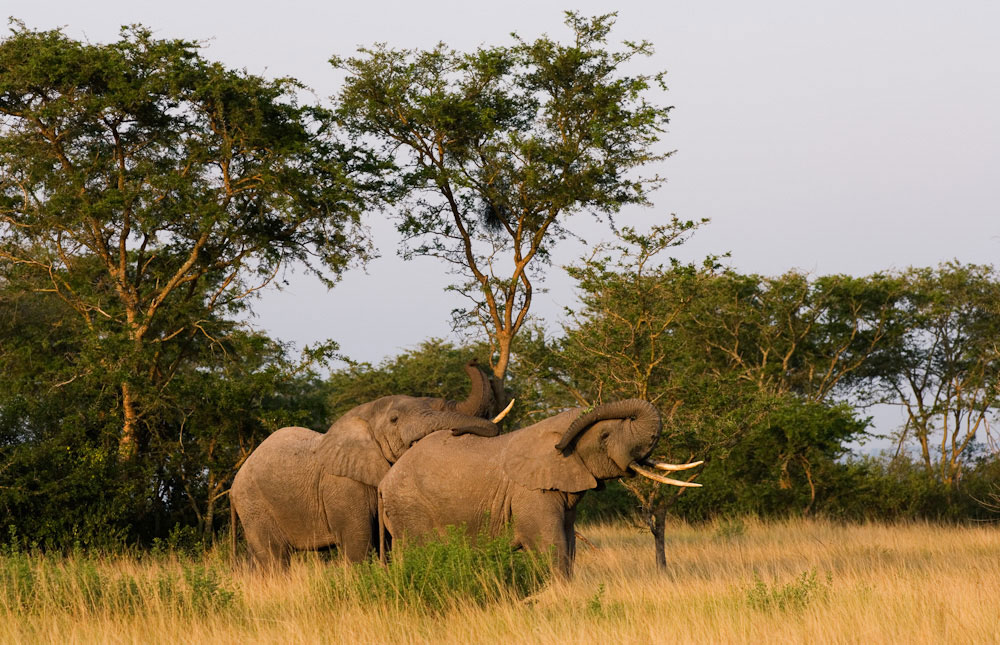
Three parks in Africa receive funds to aid in fighting illegal wildlife hunting
Three wildlife parks critically affected with illegal killing and trafficking of wildlife in Southern, Eastern and Central Africa will receive major support from World’s leading organization in wildlife protection and conservation.
The parks that include the Mana pools, Sapi and Chewore UNESCO World Heritage Sites in Zimbabwe, Dzanga Sangha Protected Area Complex in the Central African Republic and Queen Elizabeth National Park in Uganda will receive backing from the Convention on International Trade in Endangered Species of Wild Fauna and Flora (CITES). CITES will provide the much needed support to the parks in various ways.
Queen Elizabeth National Park in Uganda will receive training for their rangers and more equipment to aid with patrol and communications equipment. Furthermore the park will be supported in developing and implementing a law enforcement strategy and strengthening their use of intelligence, investigations and prosecutions and enhancing the use of law enforcement monitoring systems to inform protected area management.
Dzanga-Sangha Project in C.A.R will be supported in patrol operations, equipment and capacity for conducting special enforcement operations especially in building collaboration with other law enforcement agencies involved in combating wildlife crime around the protected area.
Mana Pools, Chewore and Sapi project in Zimbabwe will also be assisted in fortifying patrol operations by training and equipping rangers. The park will be assisted in enhancing law enforcement operations, coordination and monitoring across the three individual areas that make up the World Heritage Site. Collaboration between the local communities and the law enforcement will be strengthened.
CITES selected the parks based on their efforts in elephant and CITES listed species conservation, level of poaching and other threats to the areas.
“These three well-targeted interventions were designed drawing upon the best local knowledge available to reduce illegal wildlife trade at its source. We are pleased to be able to provide such focused support and to be working directly with national wildlife agencies and local and international NGOs in pursuit of our common conservation goals. We look forward to extending such support to additional areas in the near future” said John E. Scanlon, the Secretary-General of CITES.
European Union has given funds to CITIES for the project.







